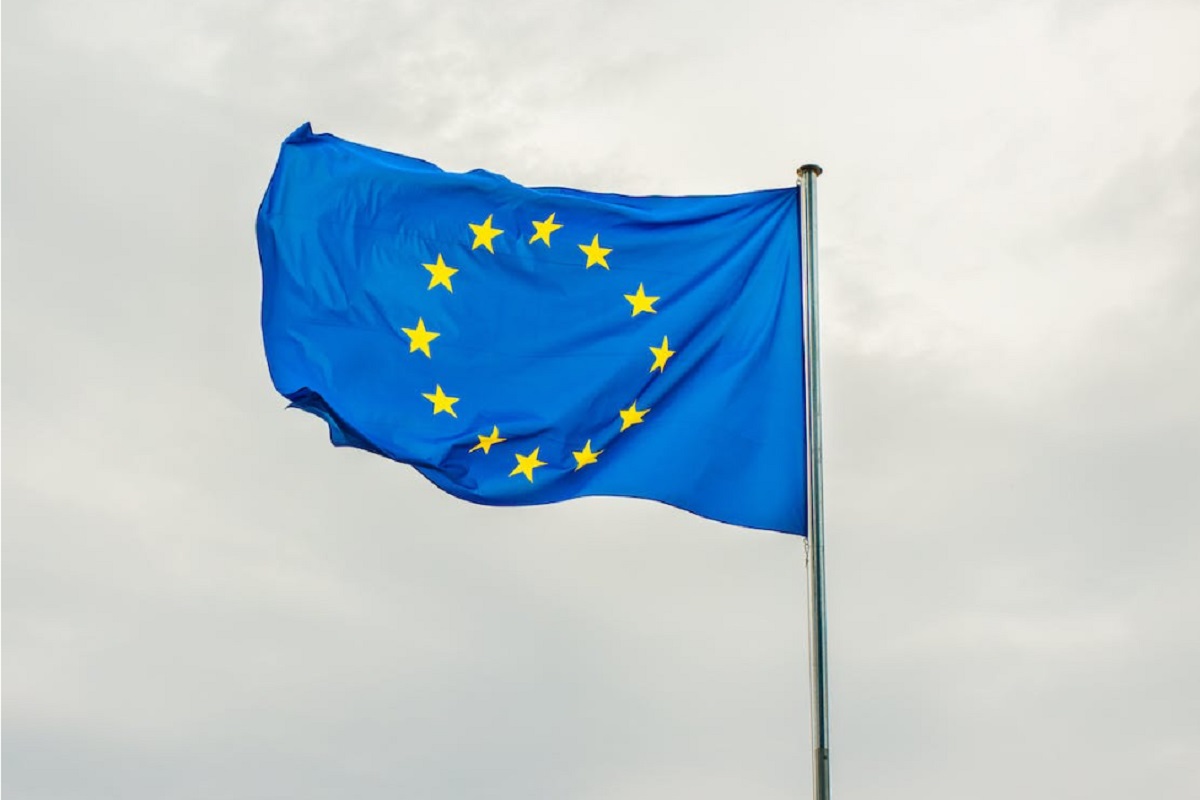Big technology companies are preparing for the largest and most significant tightening clampdown on anti-competitive practices in the history of the European Union.

New control measures will affect the digital economy space. According to experts, the updated regulatory framework will provoke massive legal proceedings between Silicon Valley and regulators.
This week, the European antimonopoly authorities will publish a list of companies whose activities will be subject to new rules designed, according to the idea of legislators, to prevent the risk of situations of unconditional and all-consuming dominance of major players in new markets, destroying these commercial spaces. The media suggest that such technology and trading giants as Google, Apple, Amazon, and Meta will be mentioned in this list.
The Digital Markets Act, or DMA, will come into force in early 2024. This legal instrument of regulation will form a strict regime of permitted and prohibited actions. Prior to the adoption of this law, the activities of companies very often contradicted legal norms, despite numerous investigations that resulted in multibillion-dollar fines and tax regulations for representatives of digital business.
Under the new legal regime, certain virtual platforms will face a ban on granting privileges in the functional space to their services and on creating less favorable conditions for competitors’ products. Also, major players in the digital market will not be able to combine personal data in their various services. Another action that will be unacceptable after the new law comes into force, although it is de facto undesirable now, will be the use of confidential information received from third-party sellers to compete with them. In addition, major players will commit to allowing consumers to download apps from competing platforms.
Experts say that the new legislative framework regulating the behavior of digital market participants contains grounds for some companies to start a confrontation with the EU as part of legal proceedings. According to them, in this case, it means those firms that for many years have challenged the practice of applying antitrust rules after the fact.
Alexandre de Streel, academic director of the digital research program at the Center on Regulation in Europe, a think tank, believes that the new law is likely to entail a lawsuit. According to him, it was not as easy as it seemed to determine the services that should be covered by the new regulatory standards.
At a meeting of Apple with members of the cabinet of the head of the European Commission, Margrethe Vestager, which took place in June, the technology giant warned of problems with compliance with the rules. This was reported by the media with reference to a copy of the minutes of the meeting obtained under a freedom of information request. The tech giant has expressed concern about the number of services it provides and ways to ensure the security of the user experience.
Tim Cook’s company lawyers also called in several emails for a more substantive discussion of DMA compliance starting in September.
Notes of a meeting between Amazon chief executive Andy Jassy and Margrethe Vestager on June 21 indicate that the e-commerce giant has expressed concern about duplicative and contradictory regulation, which is an initiative of national competition authorities. The firm has already challenged its designation within the framework of the legal regime formed by the rules of digital competition in force in Germany.
Meta CEO Mark Zuckerberg also held talks with Margrethe Vestager in June. This meeting was intended to discuss the compliance of the technology giant with the new requirements.
At the same time, Microsoft claims that its Bing search engine should not be in the area of the regulations coming into force next year, since this Internet service is too weak a competitor to Google.
Google, according to media reports with reference to a comment by a leading European lawyer of the company, may begin to clarify questions about the compliance of its search services with the new rules.
Major players in the digital market were given a six-month period starting in September to upgrade services in accordance with DMA requirements or file lawsuits against these regulations.
Christophe Carugati, a researcher at the Bruegel think tank on digital technologies and competition, suggested that platforms can test the limitations of the law in court, but, in his opinion, will not be able to achieve significant success.
As we have reported earlier, UK Wants New Regulator to Tackle Big Tech.









